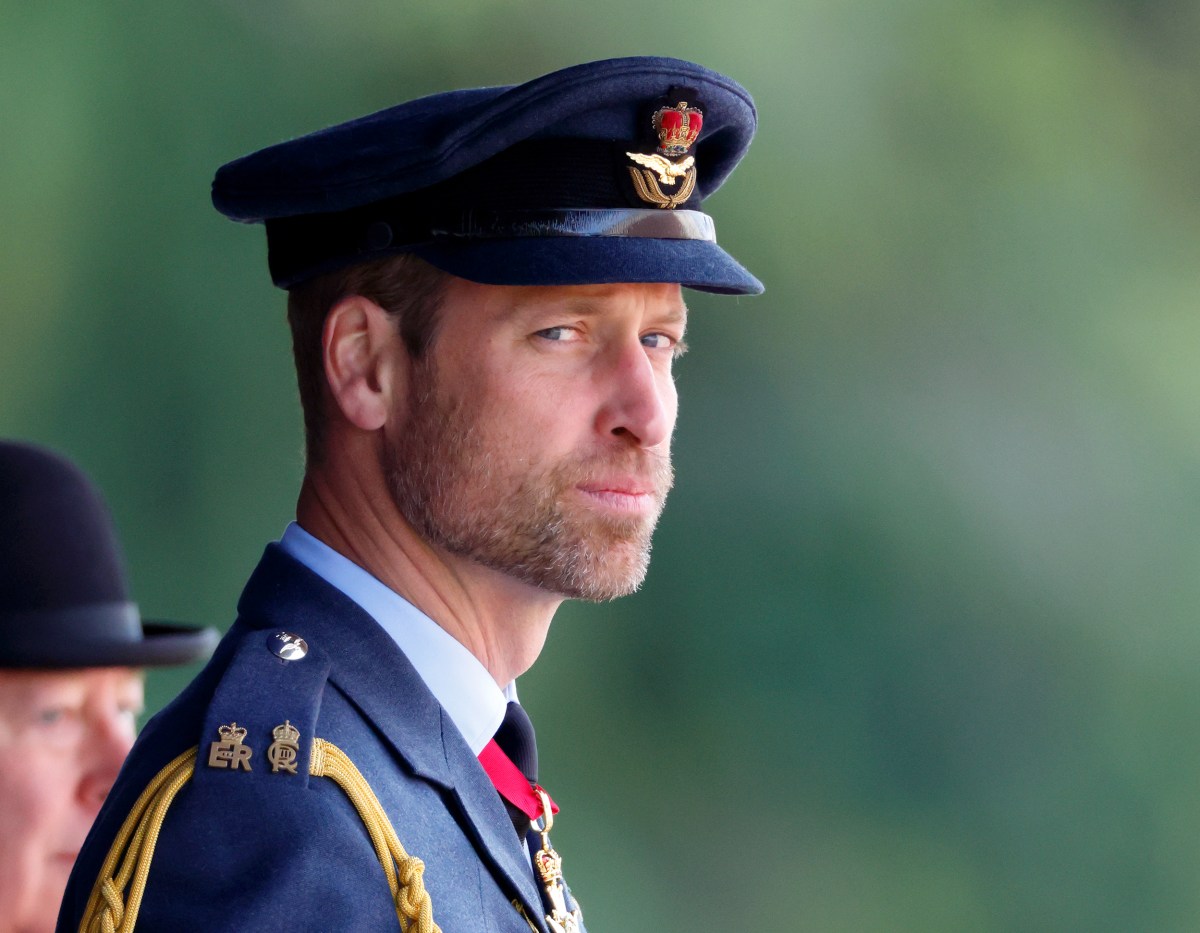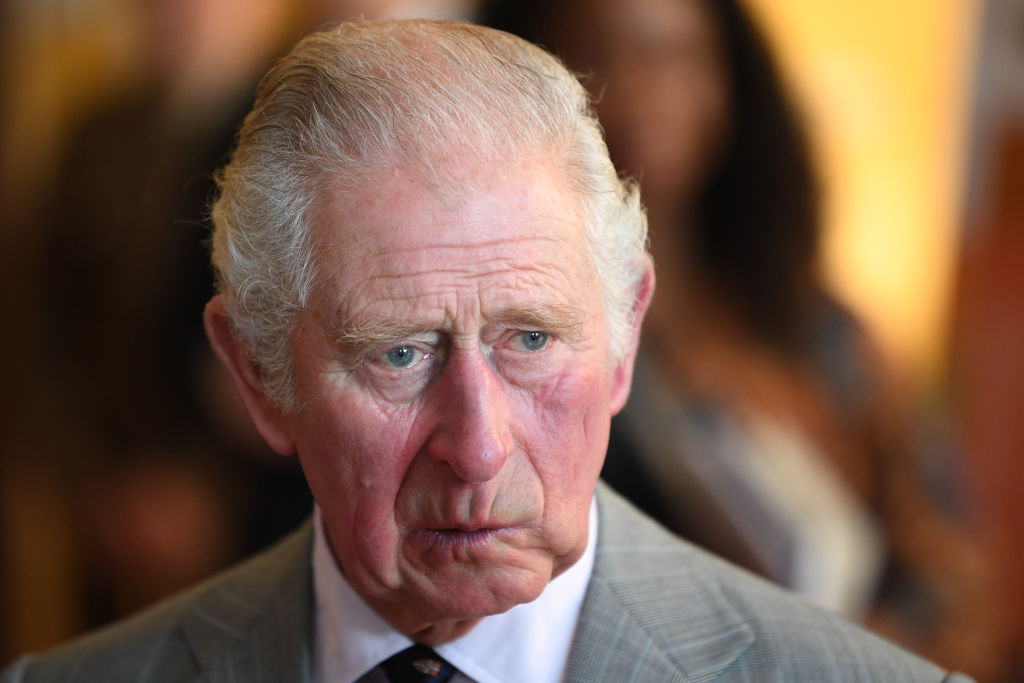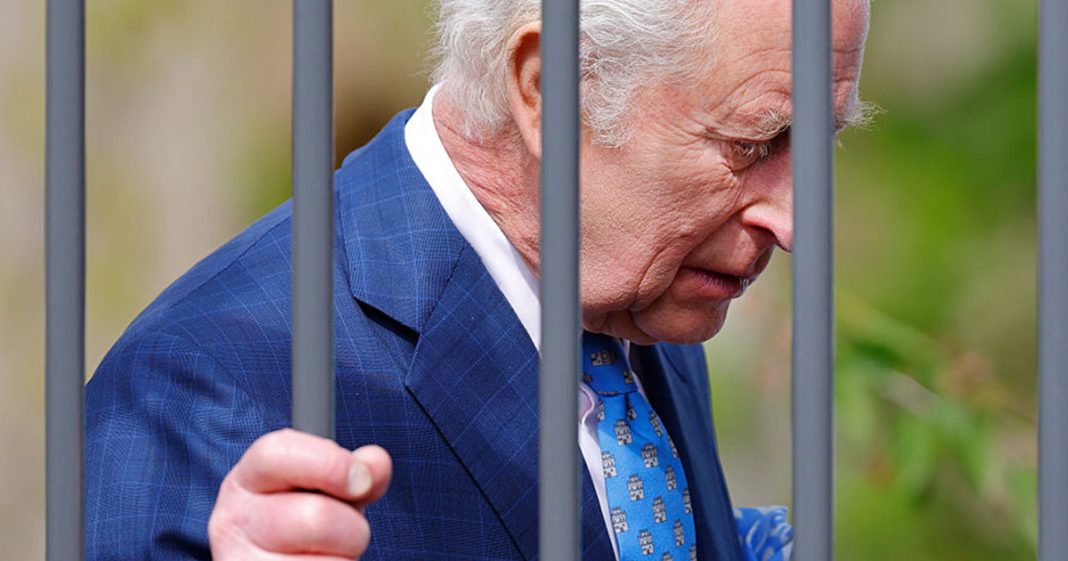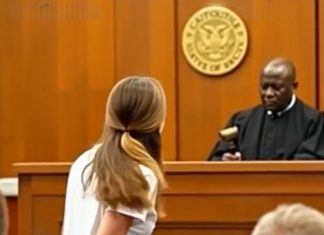King Charles Barred from Attending Pope Francis’ Funeral: A Closer Look at Royal Protocol
The world is gearing up for a significant event as leaders from around the globe prepare to gather in Rome for the funeral of Pope Francis, who passed away recently. This solemn occasion will not only mark a moment of reflection for millions of Catholics but will also see a diverse assembly of global dignitaries coming together to pay their respects to the late pontiff. However, amidst this esteemed gathering, a noteworthy absence stands out: King Charles III of the United Kingdom will not be in attendance.

While a lineup of prominent figures, including French President Emmanuel Macron and former U.S. President Donald Trump, is confirmed to be present, King Charles’ absence is raising questions and sparking discussions regarding the traditions and protocols that govern royal attendance at such events. British Prime Minister Sir Keir Starmer will represent the UK government, but it is Prince William who will step in place of his father.

Understanding Royal Protocol
The absence of King Charles from Pope Francis’ funeral can be traced back to longstanding royal protocol that specifically prohibits the British monarch from attending papal funerals. This tradition stems from the unique role of the British monarch as both the head of state and the head of the Church of England. By convention, the responsibility of attending such events falls to the heir apparent, which in this case is Prince William.
This practice is not a novelty; it has historical precedence. For instance, during the funeral of Pope John Paul II in 2005, it was then-Prince Charles who attended, while Queen Elizabeth II remained in the UK. Such rituals underscore the intricate interplay between the British monarchy and the Catholic Church, highlighting the sensitivities involved in royal engagements.
Interestingly, during the previous funeral of Pope Benedict XVI in 2023, no members of the British royal family were present. This absence occurred at the request of Pope Benedict himself, who indicated that only Italy and Germany should send official delegations. Consequently, the UK was represented by then-Education Secretary Gillian Keegan, further emphasizing the complexities surrounding royal attendance at religious events.
Timing Raises Questions
The situation becomes even more intriguing in light of the timing of King Charles’ previous interactions with Pope Francis. Just days before the Pope’s passing, King Charles reportedly met with him privately at the Vatican, a meeting that served as one of the last significant engagements for the pontiff before his death at the age of 88. The close relationship between the King and the Pope adds a layer of complexity to Charles’ absence, prompting speculation about whether royal protocol should be reconsidered in light of personal connections.
Following the news of the Pope’s death, King Charles expressed his condolences publicly, lauding the late Pope’s “compassion” and his tireless commitment to faith and unity. In his heartfelt statement, Charles emphasized the Pope’s global impact, stating: “His Holiness will be remembered for his compassion and his concern for the unity of the Church.” Such remarks reflect the profound respect King Charles held for Pope Francis, making his absence from the funeral all the more notable.
A Defining Moment for Prince William
With King Charles unable to attend, the spotlight shifts to Prince William, who will represent the British monarchy at this pivotal moment. His attendance is not just about fulfilling royal duties; it represents an important opportunity for Prince William to establish himself as an influential figure on the global stage. This moment marks a significant step in William’s diplomatic journey, one that has been building over recent years.
In fact, this is the first time Prince William will officially attend an international funeral on behalf of his father. Although he did travel to Kuwait to offer condolences following the death of the Emir Sheikh Nawaf Al Ahmad Al Sabah in late 2023, that was not a formal funeral attendance. Observers view this occasion as a crucial juncture for his role within the royal family and international relations.
Additionally, Prince William’s recent appearances, such as joining world leaders at the reopening of Notre Dame Cathedral in Paris, have positioned him as a respected figure in global diplomacy. These engagements highlight his growing responsibilities and the expectations that accompany his future role as king. The public and media alike are keenly watching how he navigates this important event as he steps into a more prominent role within the royal family.
Public Reaction and Future Implications
The absence of King Charles from Pope Francis’ funeral has ignited discussions among royal watchers and the public alike. Many are debating whether the established protocols should evolve, especially when personal relationships are at stake. Some argue that the King should be allowed to attend, given his admiration for the Pope and their recent interactions, while others believe that adherence to tradition is essential for maintaining the integrity of the monarchy.
As the debate continues, the royal family’s decision to have Prince William step in for his father may signal a shift towards a more modern approach to royal engagements. This event could pave the way for future adjustments to how the royal family interacts with various religious leaders and international figures. Ultimately, it raises critical questions about the evolving nature of royal tradition in a contemporary context.
In conclusion, as the world watches the events unfold in Rome, the absence of King Charles III serves as a poignant reminder of the delicate balance between tradition and personal connections within the British monarchy. The significance of this moment lies not only in the royal family’s response to the Pope’s passing but also in the emerging role of Prince William as he steps into the spotlight, poised to shape the future of the monarchy.

















